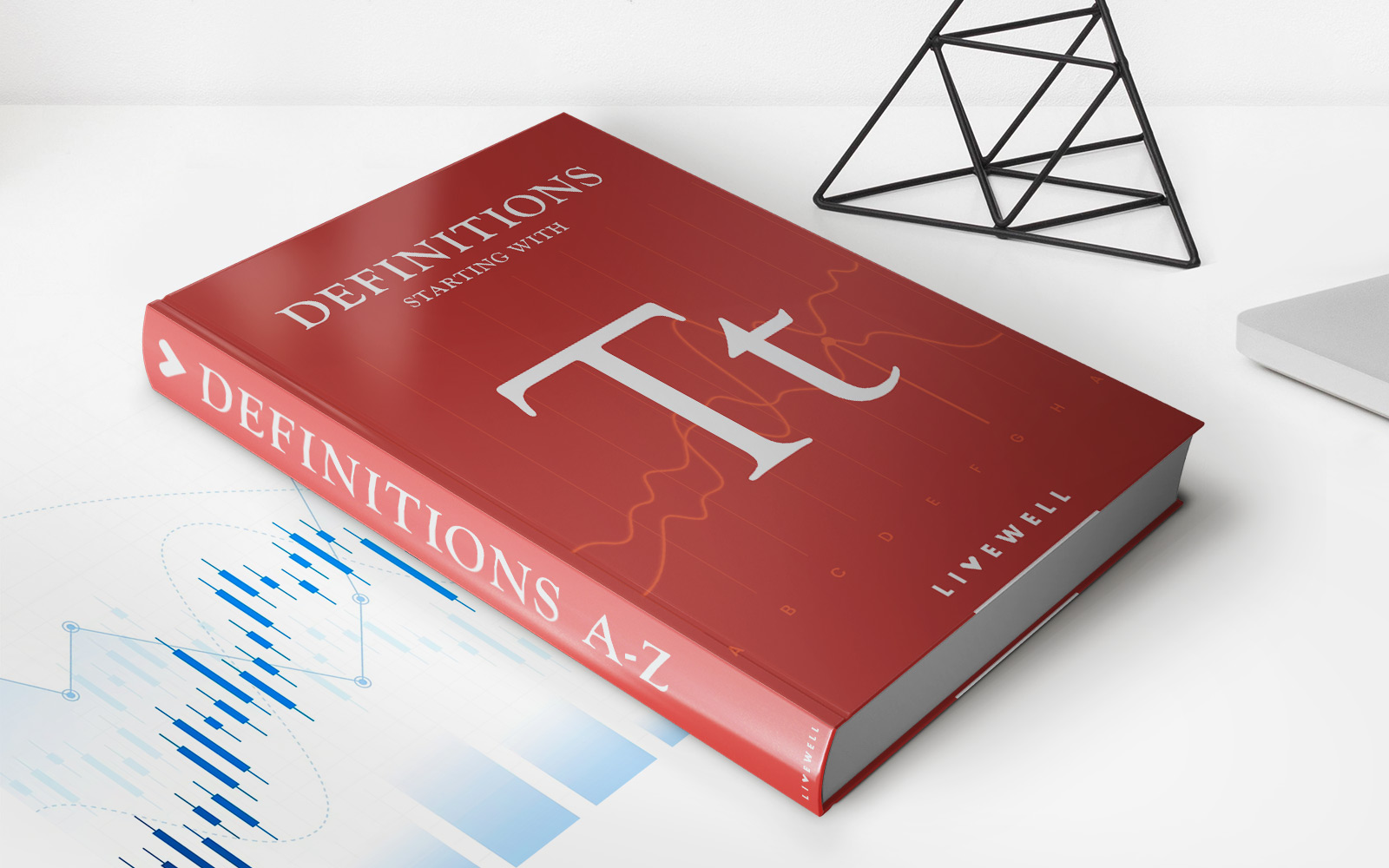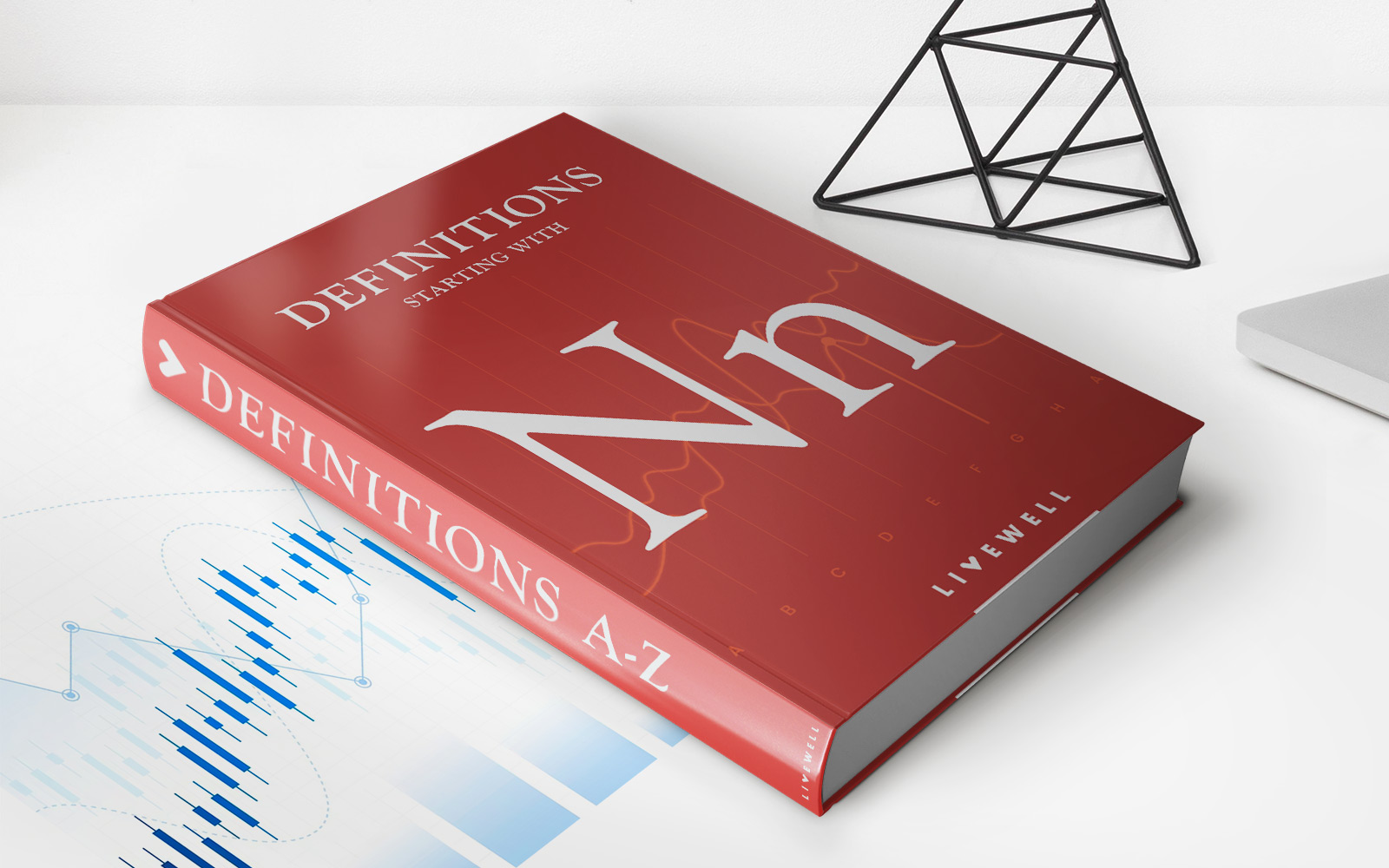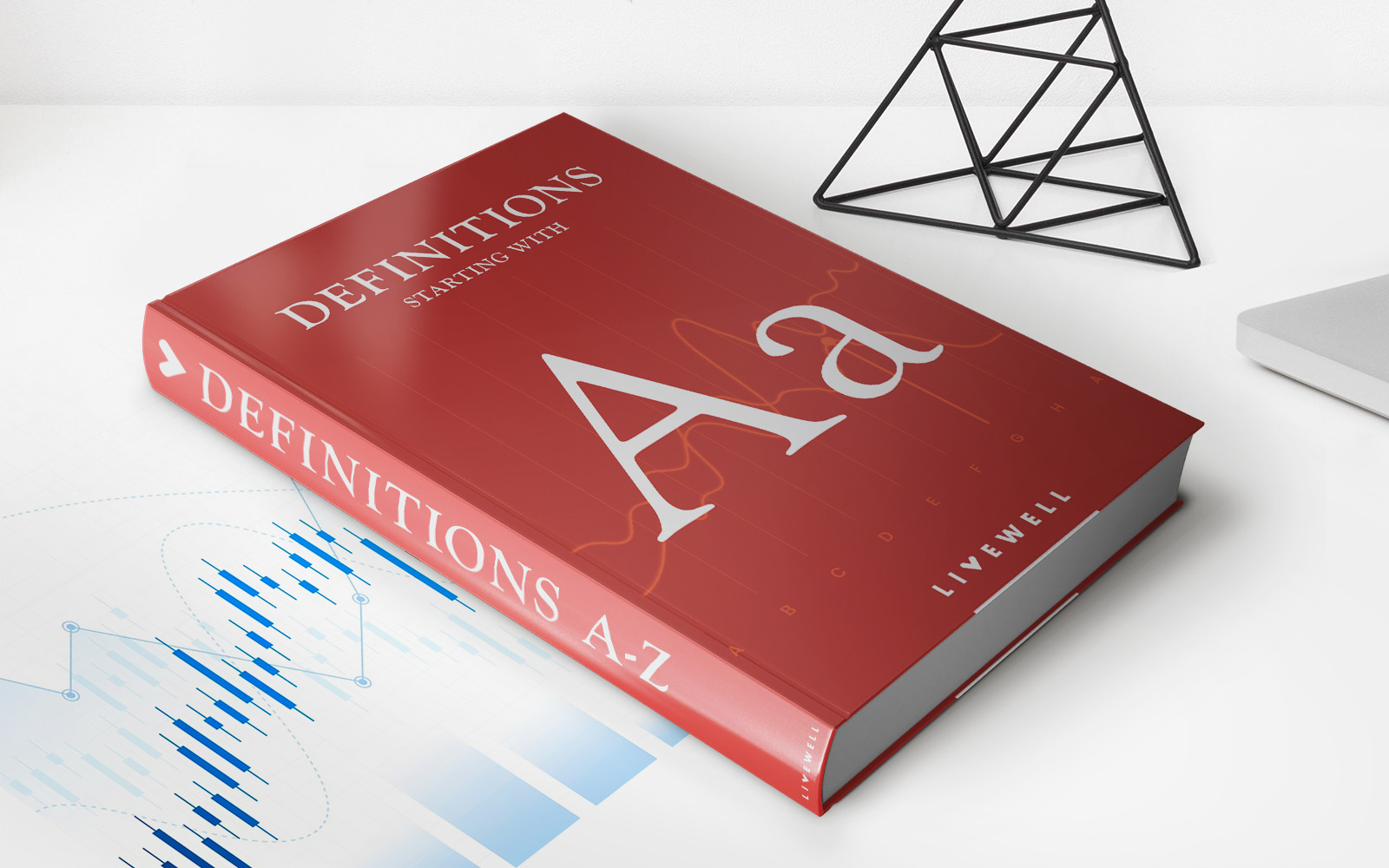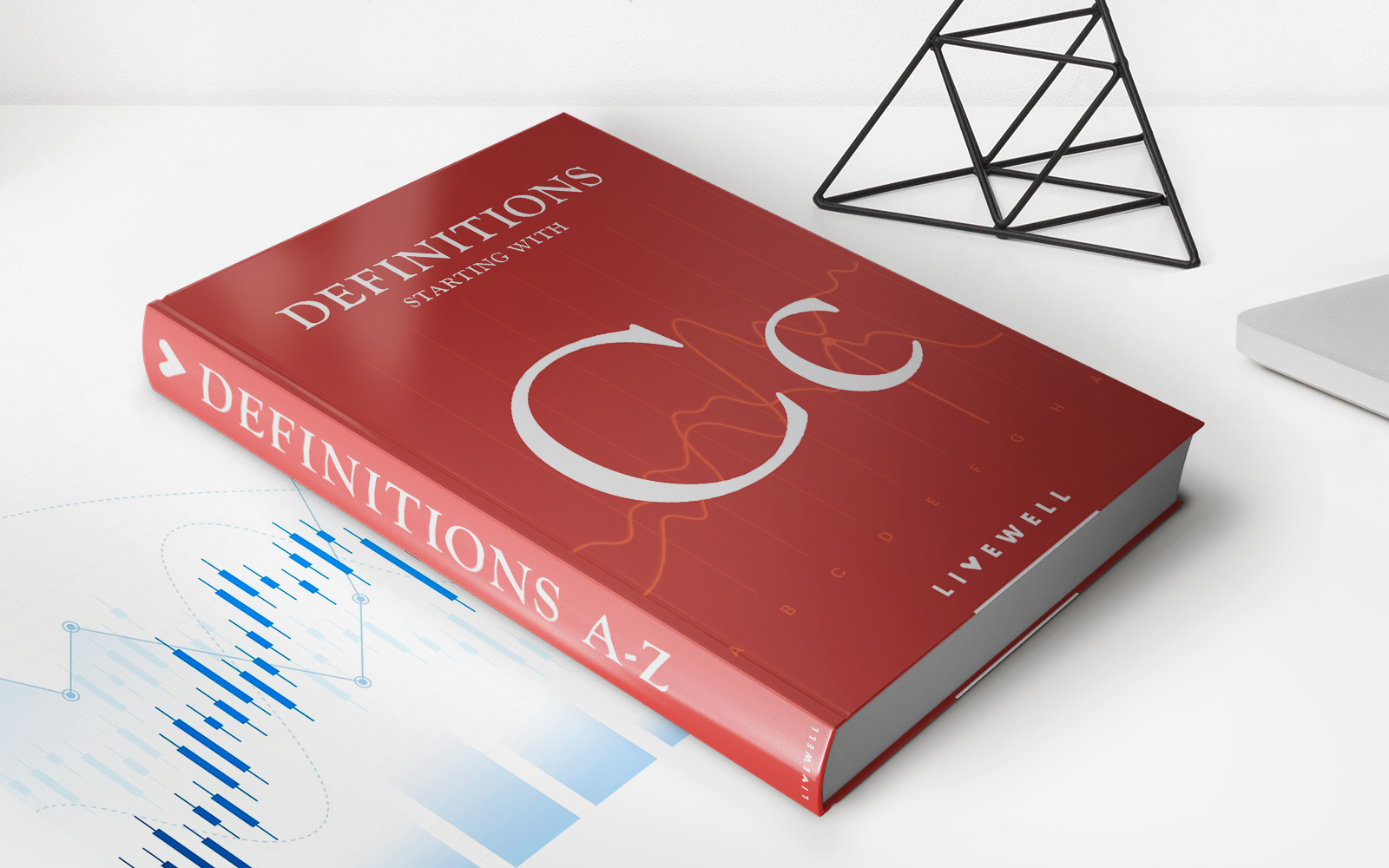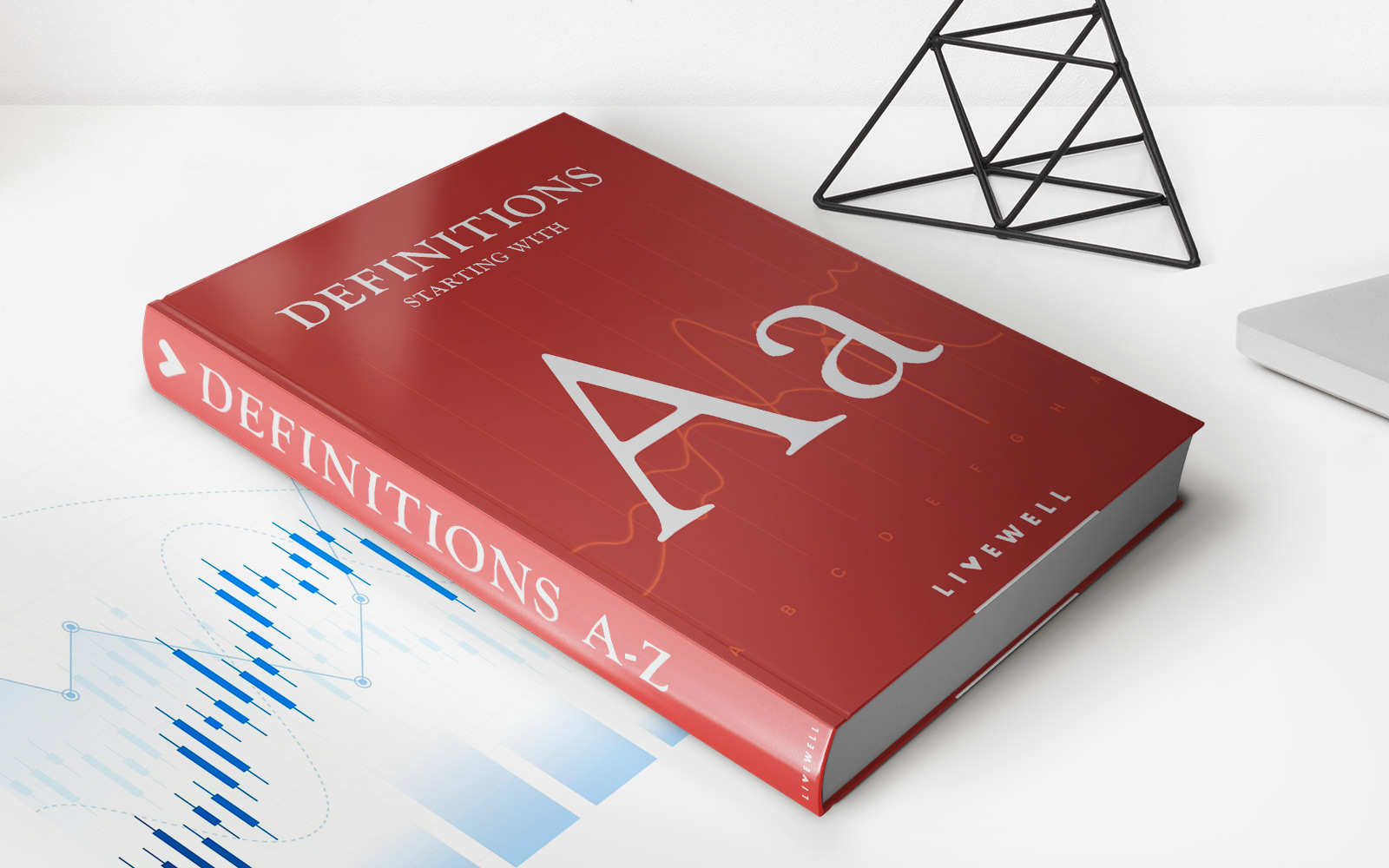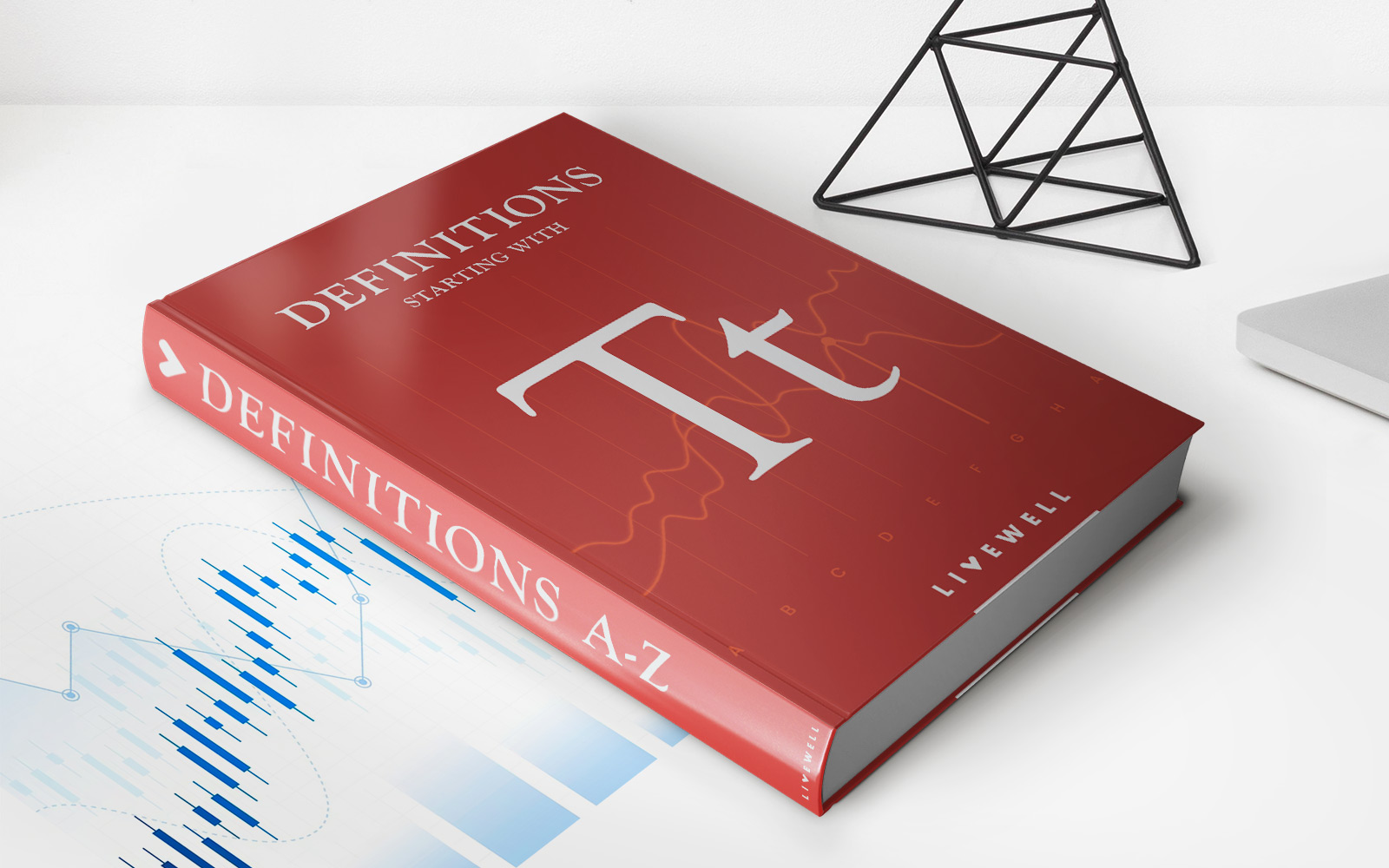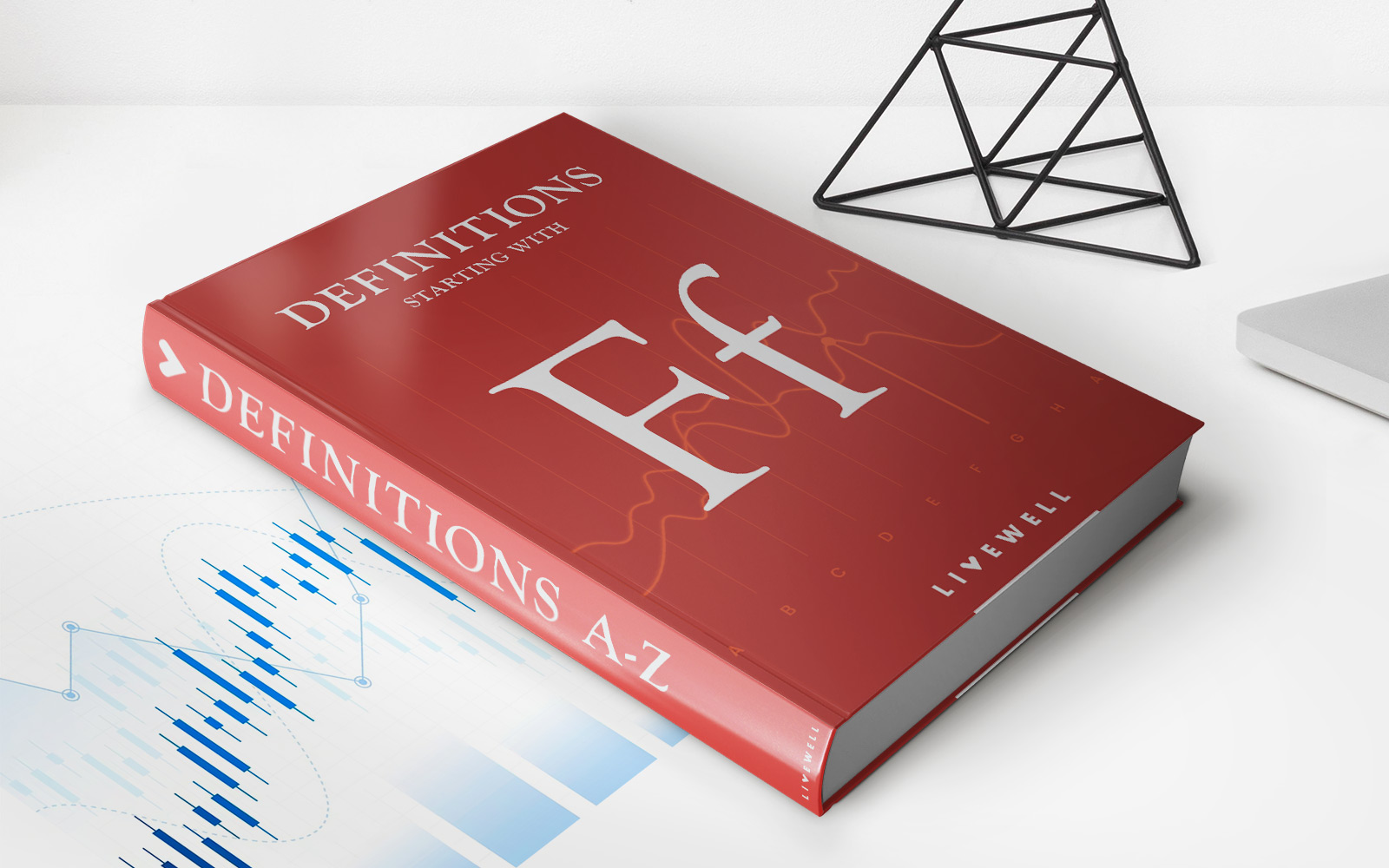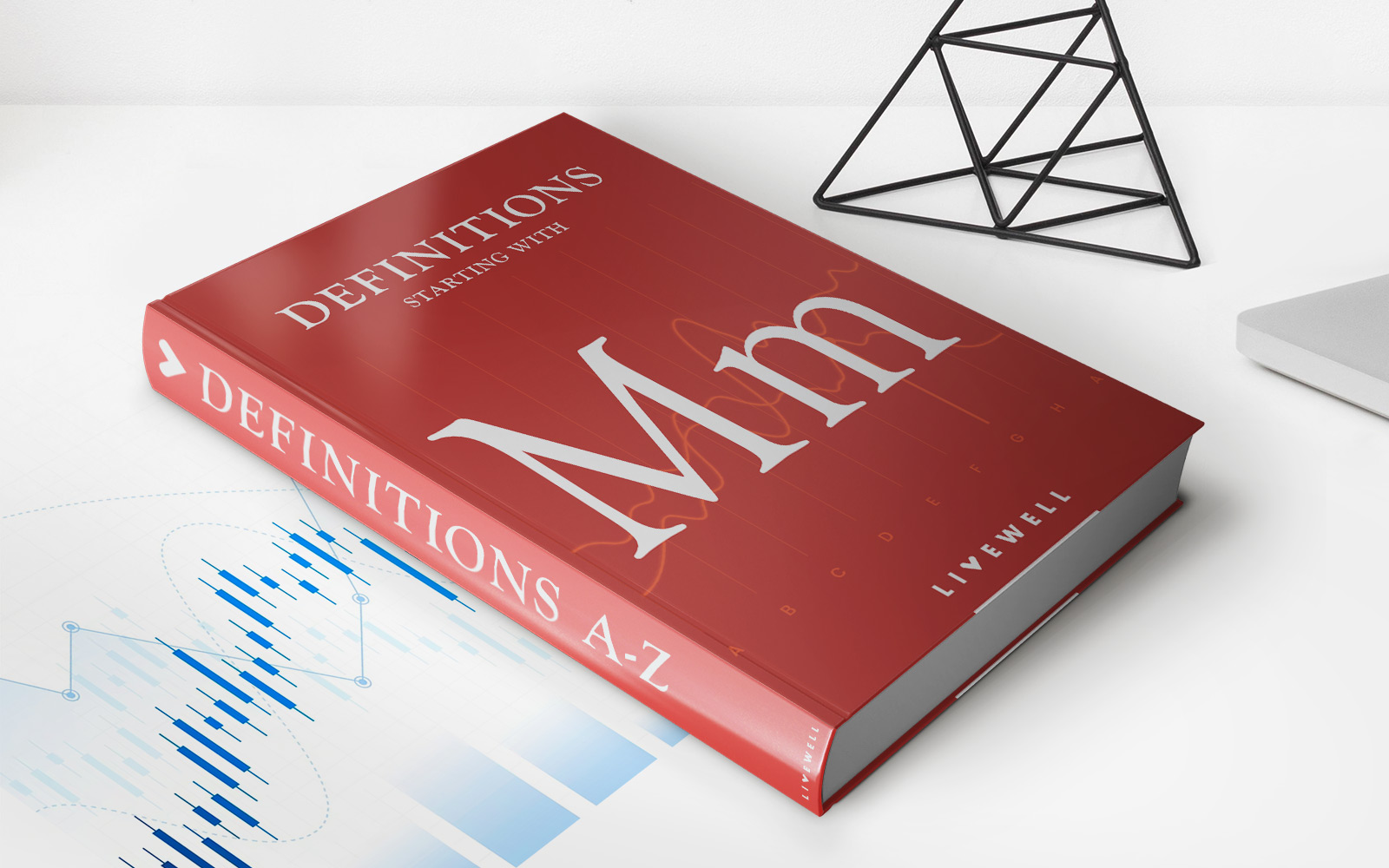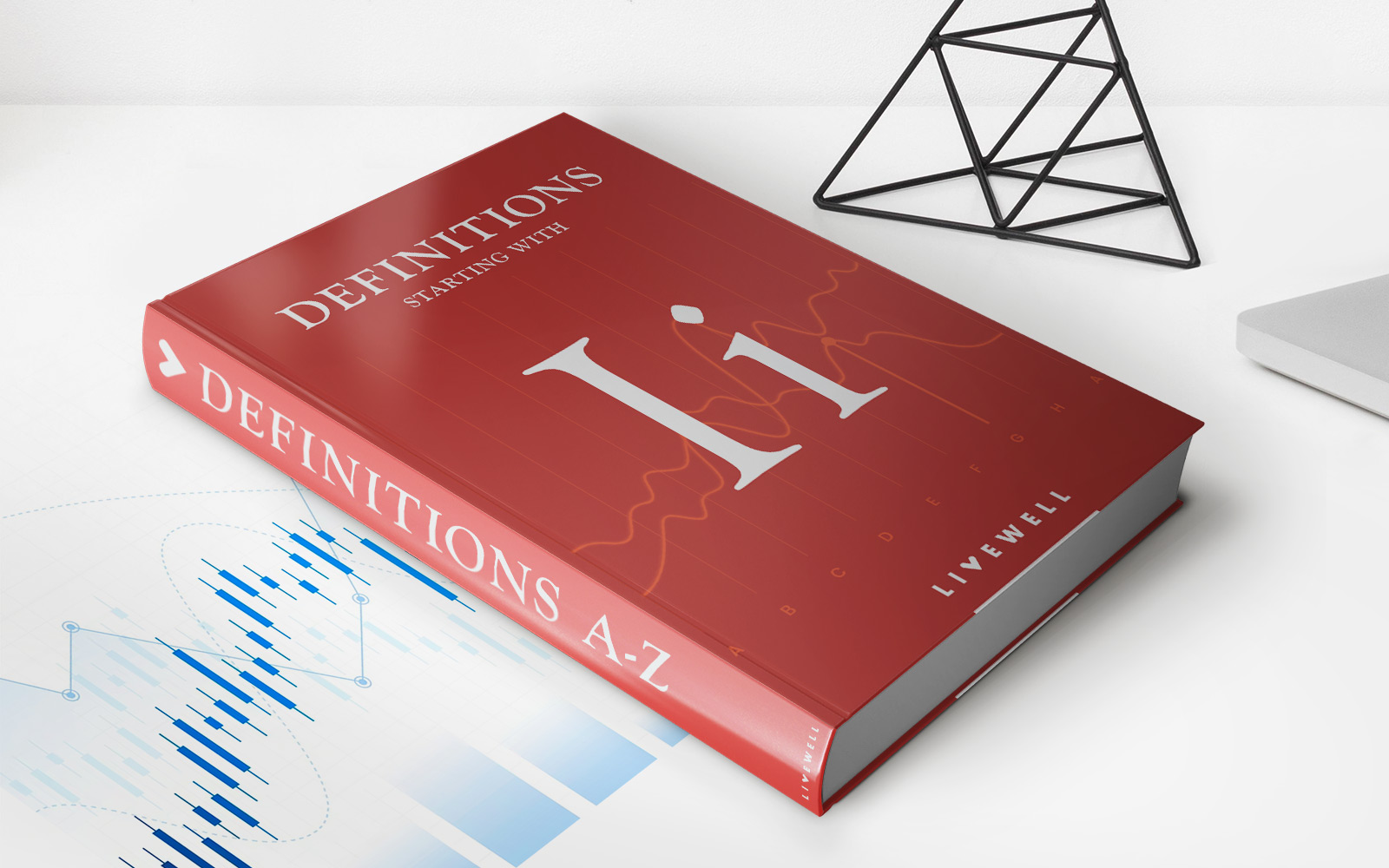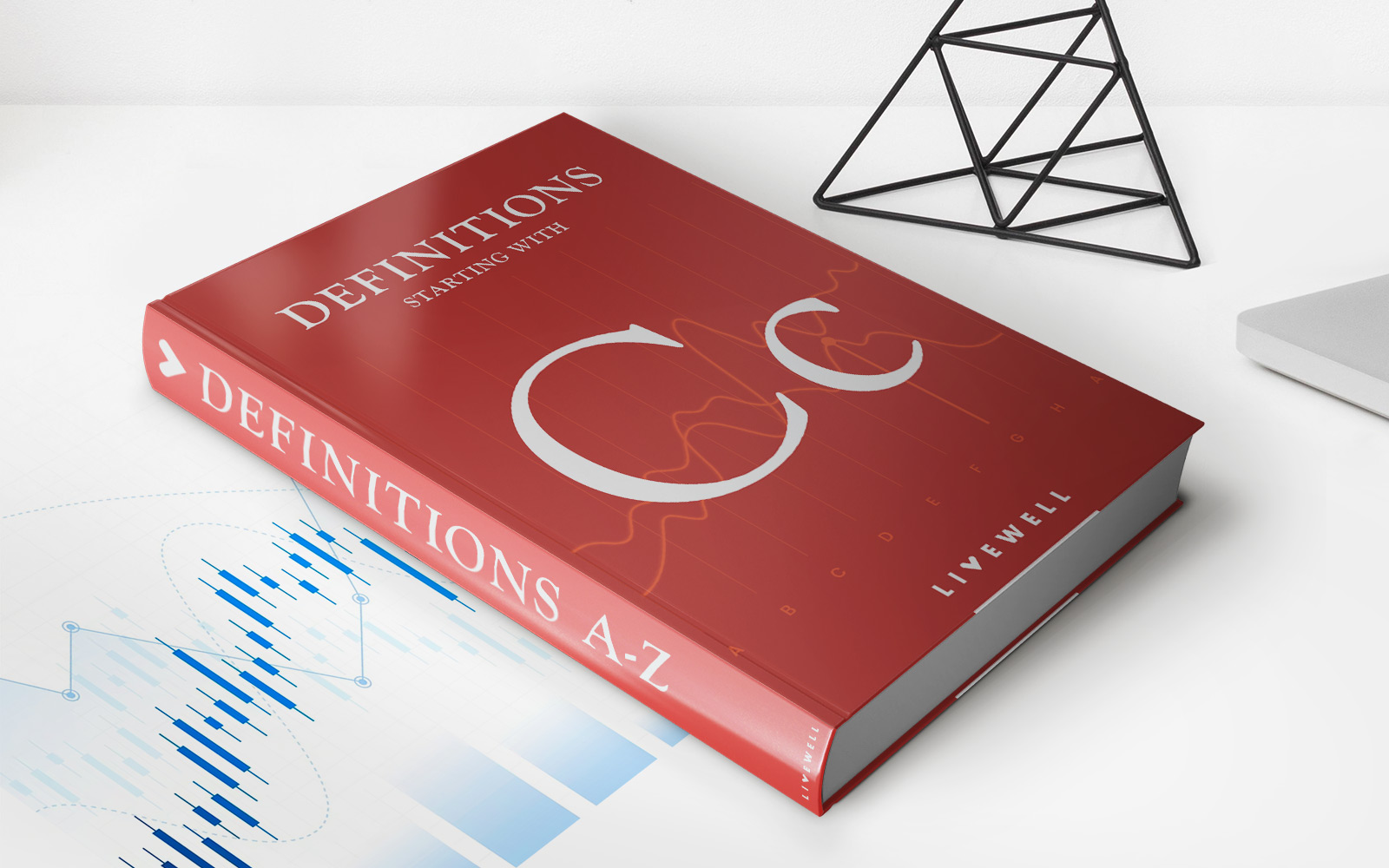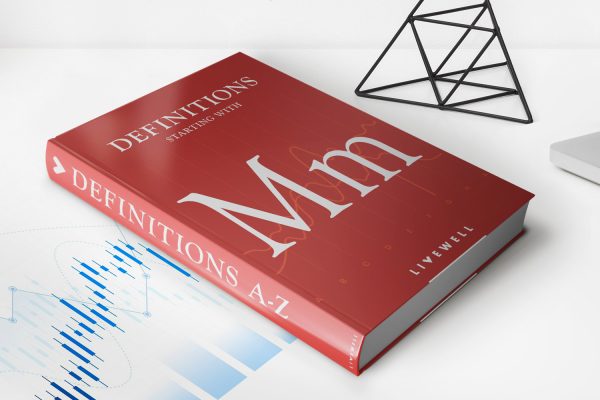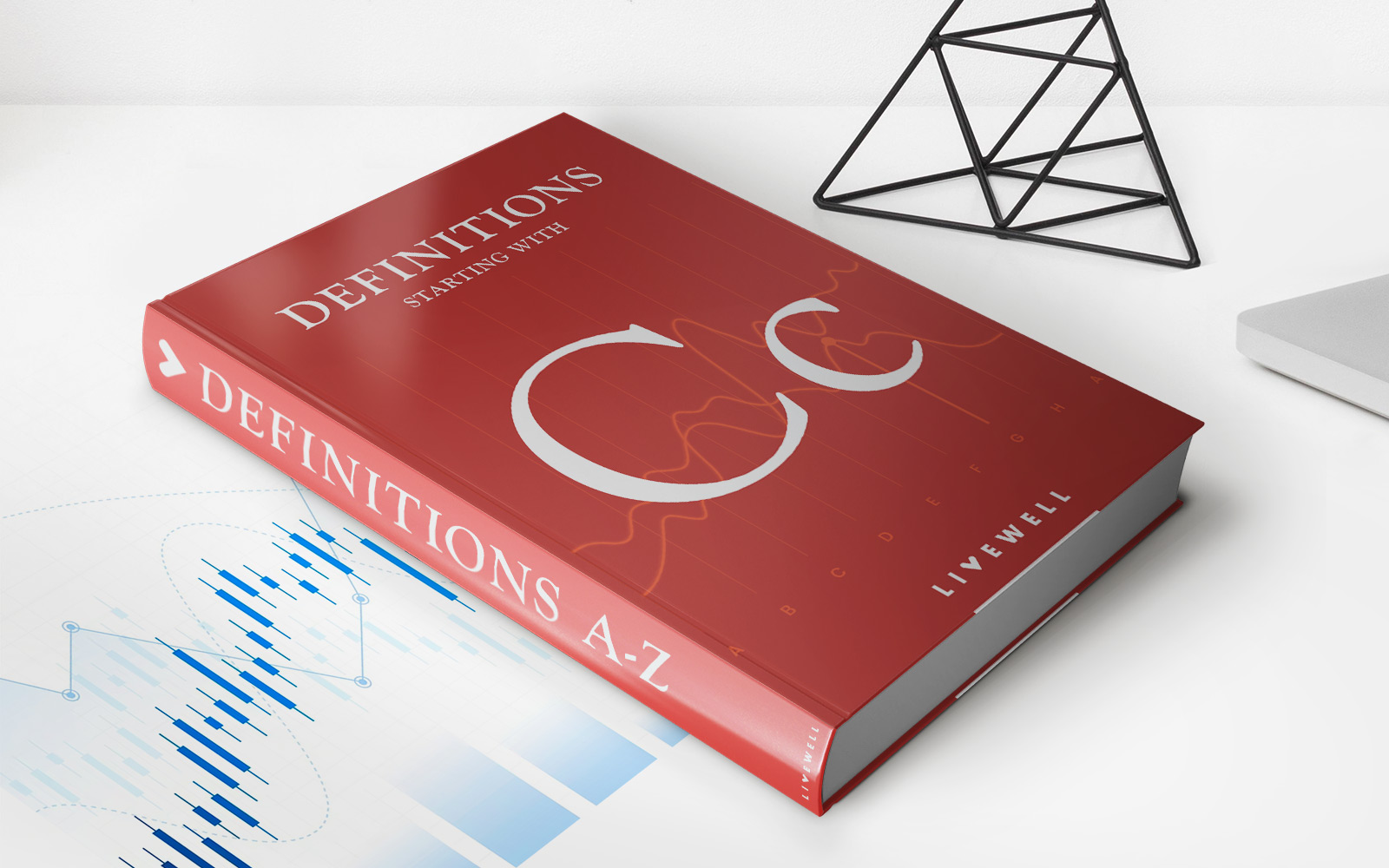Home>Finance>What Is Plutocracy? Definition, Meaning, And Example Countries
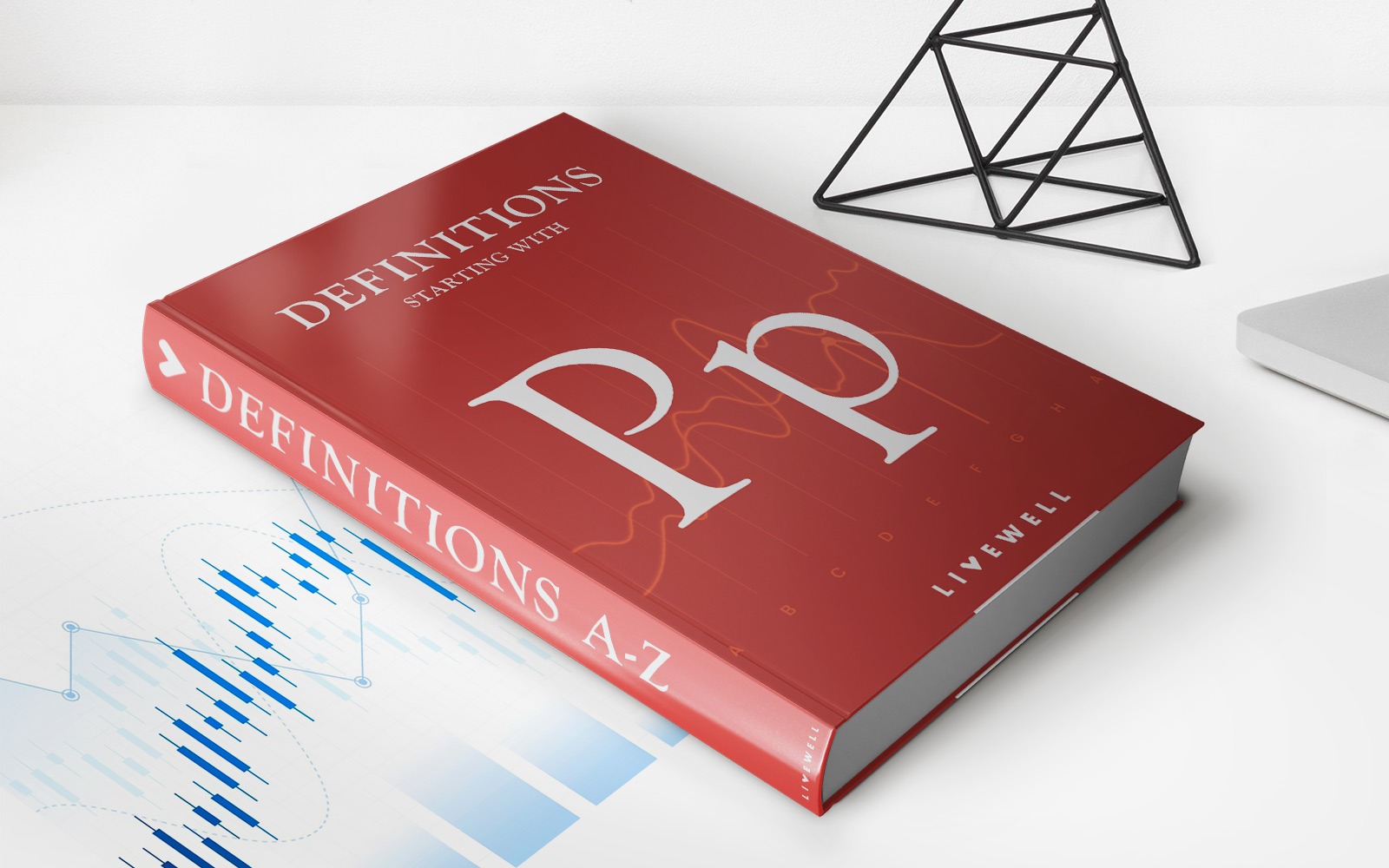

Finance
What Is Plutocracy? Definition, Meaning, And Example Countries
Published: January 8, 2024
Discover the meaning of plutocracy in finance and its example countries. Understand the definition and implications of this political system.
(Many of the links in this article redirect to a specific reviewed product. Your purchase of these products through affiliate links helps to generate commission for LiveWell, at no extra cost. Learn more)
The Definition and Meaning of Plutocracy
Welcome to our “Finance” blog category, where we explore various topics related to money, economics, and the world of finance. In this blog post, we are delving into the concept of plutocracy and its significance in today’s society.
Plutocracy, derived from the Greek words “ploutos” (meaning wealth) and “kratos” (meaning rule), is a form of governance in which the wealthy class holds significant power and influence over political and economic decisions. In a plutocratic society, the ruling class consists of individuals or families who possess immense wealth, often inherited through generations.
Key Takeaways:
- Plutocracy is a system where the wealthy elite holds power and influence.
- In a plutocratic society, economic disparities between the rich and the poor are prominent.
At its core, plutocracy raises questions about the fairness and equity within a society. It amplifies the gap between the rich and the poor, creating an environment where those with wealth can dictate policies and regulations that primarily benefit themselves.
Examples of Plutocratic Countries
While true pure plutocracies are rare, there are countries where wealth plays a significant role in shaping political landscapes and decision-making processes. Here are a few examples:
- United States: Often seen as a prime example of a plutocratic society, the United States exhibits significant wealth concentration in the hands of a few. The extensive influence of corporations and wealthy individuals on elections and lobbying activities has raised concerns about the democratic nature of the country.
- Russia: With a significant portion of its wealth amassed by oligarchs following the collapse of the Soviet Union, Russia is often associated with plutocracy. Wealthy business figures exert considerable influence over the political landscape and decision-making processes in the country.
- Saudi Arabia: Saudi Arabia’s ruling family, known as the House of Saud, possesses vast wealth obtained from oil reserves. This wealth allows them to maintain control over both political and economic affairs in the country.
These examples serve as illustrations of how wealth concentration can impact power dynamics within a nation.
Conclusion
Plutocracy is a concept that challenges the principles of equality, fairness, and democratic governance. While it may not be prevalent in its purest form, examples of countries heavily influenced by wealth are seen worldwide. Understanding the dynamics and implications of plutocracy is crucial in shaping conversations surrounding wealth distribution, social justice, and political accountability.
Thank you for joining us in exploring the meaning and examples of plutocracy in this “Finance” blog post. We hope you found this information insightful and thought-provoking. Stay tuned for more engaging content on finance-related topics!
